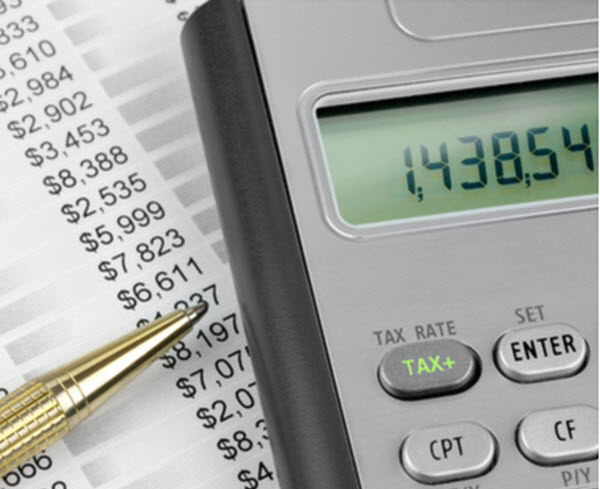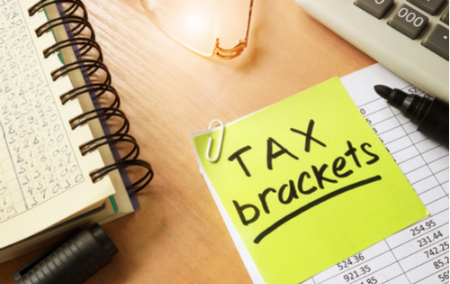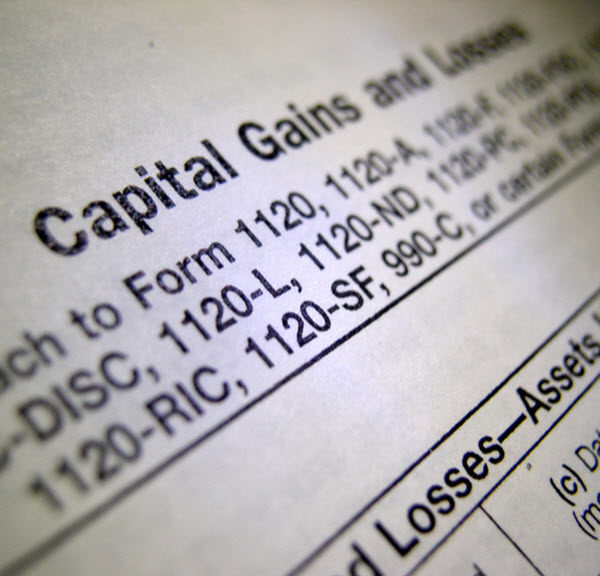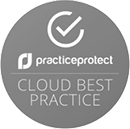When you began your small business journey, you most likely decided on a business structure and haven’t given it much thought since. Yet the structure of your business may be leaving you high and dry when it comes to managing your small business tax.
ATB Partners are ready and willing to help you reevaluate your business structure to ensure that you’re getting the most out of your business accounts.

What are the different business structure types?
The most common types of business structures in Australia are
- Sole trader
- Company
- Partnership
- Trust
What do I need to consider for tax reasons?
Among the key elements to consider are ongoing administrative costs, business liabilities and the extent of your capital investments.
Is revenue important?
The ideal business structure for you is heavily dependent on your annual revenue. A business registered as a sole trader pays the same tax rate as the personal income tax rate, including having a tax-free threshold of up to $18,200.
A registered company, however, pays a flat tax-rate of 30%. And a company that is classified as a small business with an annual turnover of less than $10 million, pays a tax-rate of 27.5%. The key insight here, is that the income tax-rate shoots above 27.5% in the higher income brackets.


Should I change structures?
If you’re lucky enough to be finding yourself in those top tax brackets as a sole trader, you should consider transitioning your business into a company structure.
Yet we do stress that there are a number of extra administrative costs associated with running a registered company, so you should always contact us before making any significant changes.
Capital Gains Tax Concession
If your business is capital intensive, you may want to explore the Capital Gains Tax concessions offered to sole traders. The concessions are specific to ‘active assets’, which are those assets that you use regularly to conduct your business operations. In the sale of an active asset you’ve owned, you’ll only pay tax on 50% of the capital gain as a result of the sale.
For the successful sole trader who has owned an active asset for 15 years or longer and is at least 55 years old or permanently incapacitated, you won’t pay any tax on the sale or gift of the asset at all. Similarly, if you’re under 55 and selling an active asset, you’re eligible to contribute any capital gain to your superannuation fund or retirement savings account, up to a limit of $500,000.

In addition, there is the infamous capital gain rollover concession. With this, you can defer your capital gain until a year later if you sell an active asset but replace it or improve an existing asset.

What is the benefit of being a sole trader?
The key advantage of a sole trader structure is simplicity. The legal and tax requirements are much less convoluted, saving you time and accounting expenses.
How can accountants help?
The initial time you spend seeking the advice of a professional accountant to determine your ideal business structure, will save you the hassle and stress of constantly managing inefficient business accounts.
And most importantly, give you your time back to focus on what you do best; running your business.
Tax Accounting Specialists
Tax deductions are complex and intricate in nature, so tackling the task on your own can be overwhelming at the best of times.
To save yourself time and money and to make sure you’re claiming everything you’re legally entitled to on your tax filing, contact us for tax help.
Contact ATB Chartered Accountants today




